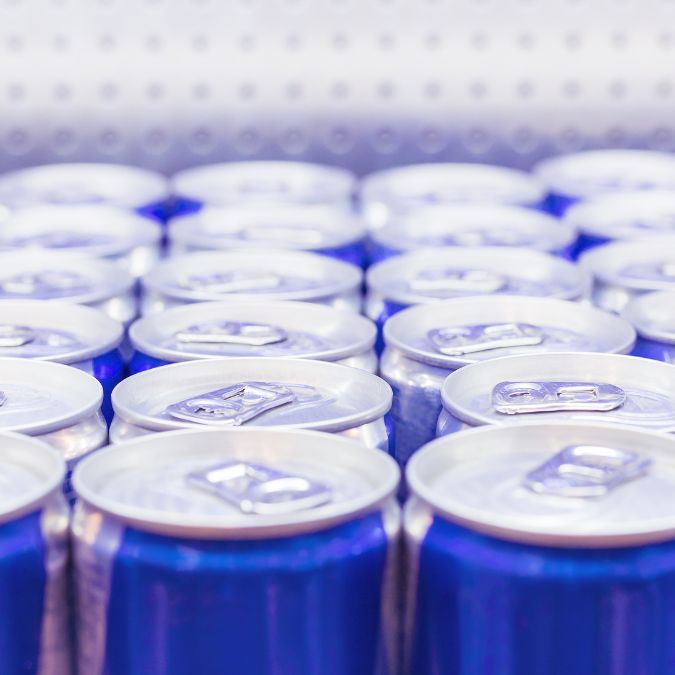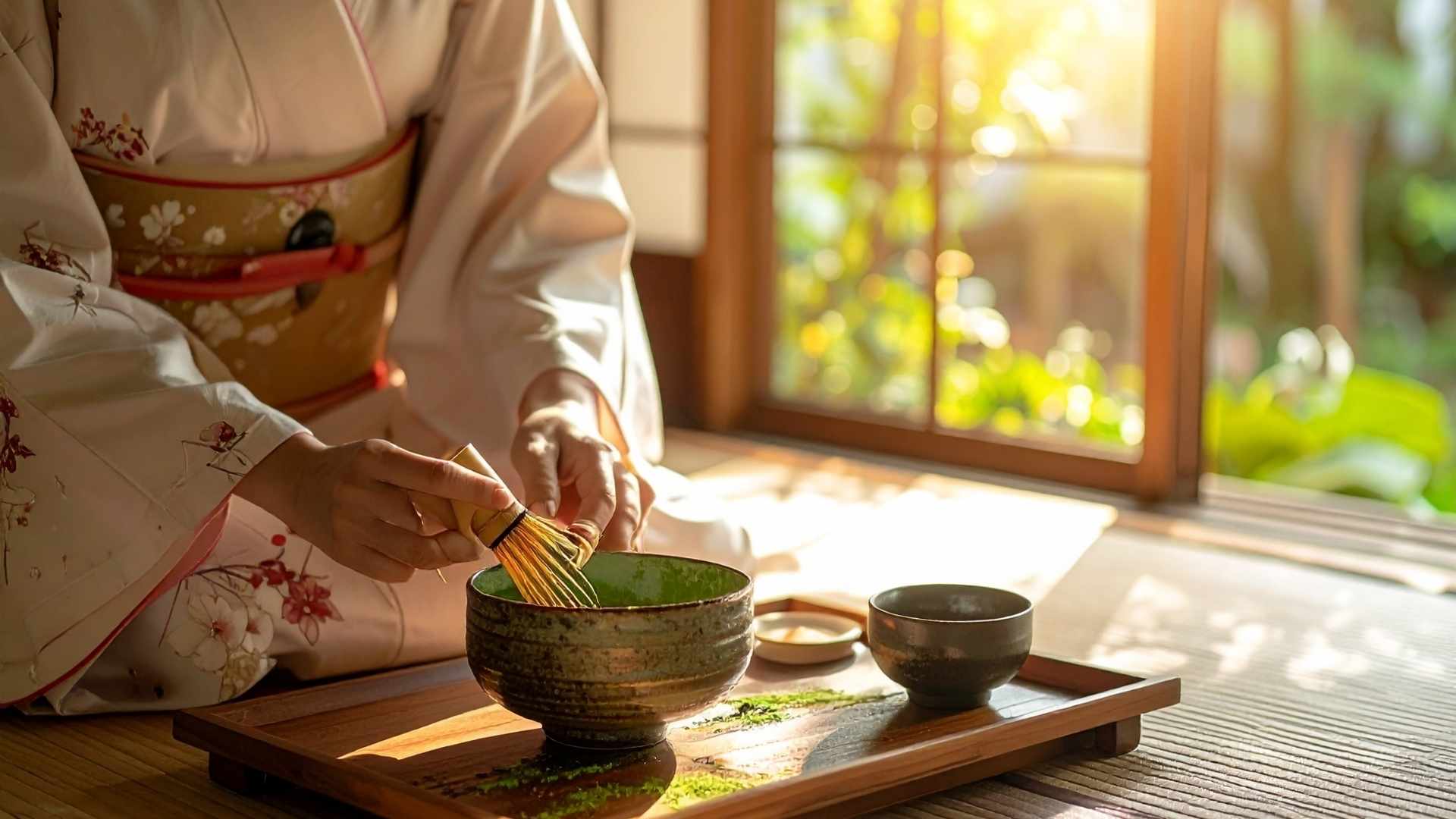In recent years, we have all witnessed an interesting phenomenon: the rise of energy drinks and matcha tea. Who hasn't seen those colorful packages with eye-catching designs in stores or heard a friend talk about the latest powdered green tea they’ve tried? Both, in their own way, have become must-haves for many people seeking that extra spark throughout the day.
If you stop to think about it, it's easy to understand why. We live in a society where a fast pace is the norm: workdays are getting longer, study nights turn into marathons, and, on top of that, we want to have time for ourselves to exercise, go out, and enjoy. In this context, it’s no surprise that many are looking for an ally to help them stay on their feet and perform at their best.
This is where energy drinks and matcha tea come in. Many people turn to the former for their promise of almost instant energy. Ingredients like caffeine and taurine, among others, promise to keep us alert and reduce feelings of fatigue. In fact, many swear they feel that "boost" after consuming a can.
On the other hand, we have matcha, that green powder made from ground green tea leaves. Unlike energy drinks, matcha offers a smoother and longer-lasting energy boost, along with a range of health benefits thanks to its antioxidants. It's popular among those looking to improve concentration, but in a more natural way, without the ups and downs that other drinks may cause.
Whichever you choose or prefer, the important thing is to know what each one offers and to use them responsibly.
Origins and Composition: Energy Drinks vs. Matcha
If we turn back the clock, we’ll see that energy drinks are not a modern invention. Their origin dates back to Japan in the 1960s, although their mass popularity began in the '80s and '90s. These drinks emerged as a response to the need to stay alert during long work hours or intense study sessions. Among their star ingredients are taurine, an amino acid that helps regulate energy and neurological function; caffeine, that stimulant we all know that activates our nervous system; and, of course, sugars, which offer a quick dose of energy.
On the other hand, matcha tea is a pride of Japanese culture, with roots that date back over a thousand years. Originally used in tea ceremonies, this green powder has conquered palates around the world. Its production is an art: the tea leaves are grown in the shade, hand-picked, and then ground into that fine, silky powder. As for its components, L-theanine stands out, an amino acid that promotes relaxation without drowsiness; catechins, powerful antioxidants; and yes, it also contains caffeine, but in a quantity that, when combined with L-theanine, provides energy without jitteriness.
Both beverages, though different in origin and composition, have found their place in our routine, showing how tradition and modernity can coexist in harmony.
In the second part of this analysis, we will address the benefits of each one, as well as the potential side effects and health risks. Interesting, right? See you there!
Here’s the video to quench your thirst for knowledge 😉
@matchaflix Energetics vs 🍵🍵🍵 #matcha #redbull #monster #energydrinks #caffeine ♬ Blade Runner 2049 - Synthwave Goose




Share: